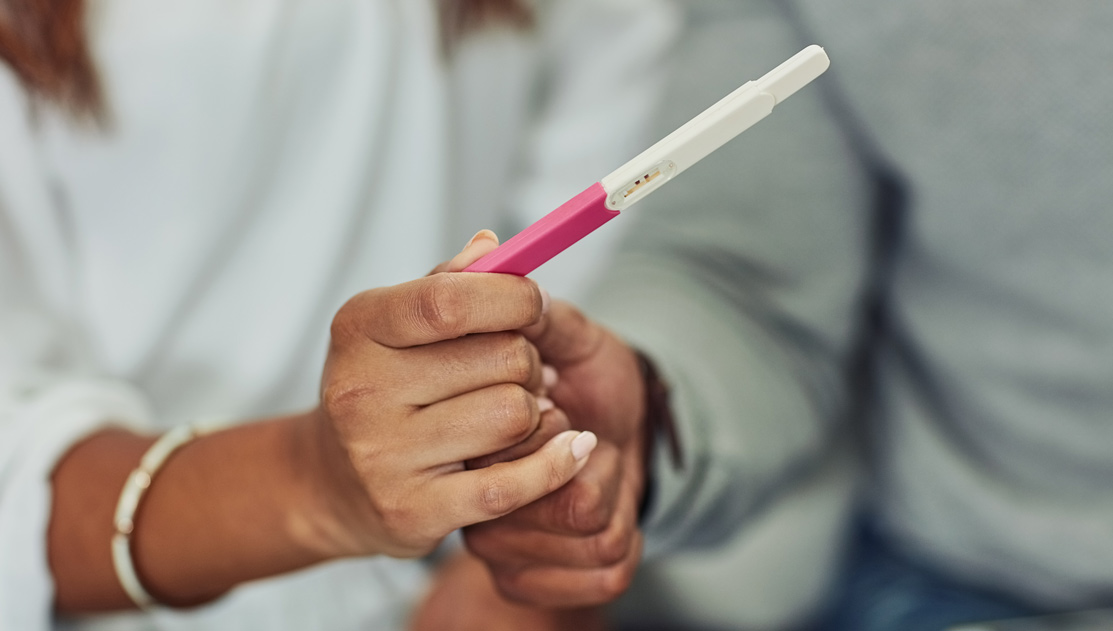There’s no doubt that individuals and couples undergoing assisted conception have a lot to consider. One of the things that we often get asked here at The Fertility & Gynaecology Academy is how to increase your chance of a successful IVF cycle and if we have any IVF success tips with regards to treatment.
In this month’s blog, Dr Gorgy, Fertility Consultant and Co-Director of The Fertility & Gynaecology Academy, shares his top IVF success tips to help maximise your chance of getting pregnant with your next IVF cycle.
It’s important to stress that there are many factors that can influence whether an IVF cycle will be a success. These factors can include age, general health, medical history and more. If you’re considering fertility treatment, it can be useful to have an initial fertility test to gauge your fertility levels and uncover any potential issues before undergoing your first IVF cycle. We offer comprehensive women’s fertility tests and couples’ fertility tests at our fertility clinic just off Harley Street in central London.
How can I make my IVF more successful?: Knowledge is power
Increase your chance of a successful IVF cycle by brushing up on your research and take as much advice as you can on board regarding preparing your body – both physically and mentally – for the procedure. It can help to read about what’s involved in the procedure, from ovarian stimulation for removal of eggs and fertilisation in the lab through to placement of the fertilised egg back in the uterus.
The Further Reading section of our website includes useful information on what your initial consultation will be like, pre-treatment advice, the IVF treatment process, support groups, side effects and complications.
“Knowledge is power. It can help you to feel in control and calm during stressful times. It’s very important to arm yourself with the information you need to not only understand IVF and what to expect, but to be confident in choosing a fertility clinic that you feel is a good fit for you. Here at The Fertility & Gynaecology Academy we are advocates of giving you the knowledge to make an informed choice regarding your fertility clinic and treatment.” Says Dr Gorgy.
Each month we hold a free fertility clinic open day. It’s free to reserve your space and there’s no pressure to to book your fertility treatment with us. Our open days give you the chance to meet some of the members of our close-knit team, and our fertility expert, Dr Gorgy. You’ll receive a guided clinic tour so you can view the facilities – and also the recently refurbished £1m laboratory which has the state-of-the-art equipment needed to ensure the very highest standards are met. Find out more and reserve your space at our next open day.
Do your homework: Read lots, ask questions. And don’t forget, if you’re considering the FGA, you can call us any time on 020 7224 1880 during office hours with your questions and our team will be able to help.
Stop smoking
“Evidence shows that smoking reduces the success rate of fertility treatment; if you or your partner smoke, one of the most significant things you can do to improve your chance of a successful IVF cycle is stop at least three months before you’re planning to start any fertility treatment.” Explains Dr Gorgy.
A recent study which looked at IVF/ICSI cycles and showed that smoking decreases thickness of the endometrium significantly. The endometrium is the mucous membrane lining of the uterus which is crucial to establishing a successful implantation. Another study also supports the finding that uterine receptiveness is compromised in smokers; it also showed that the likelihood of successful implantation was reduced even when using donated oocytes. The moral of the story? Smoking is detrimental to your IVF success.
In the case of a successful IVF cycle (Congratulations!), smokers should be aware that smoking during pregnancy greatly reduces your chance of having a live birth. A Dutch study analysed 8,500 women who had undergone IVF and concluded that, post-IVF, just a single cigarette a day for 12 months lowers the chance of a live birth by 28%.
Women who smoke have higher chance of:
- Ectopic pregnancy
- Miscarriage
- Stillbirth
- Infant mortality
Keep an eye on your weight
Those considering fertility treatment will likely have already read about the importance of managing body weight before treatment. The National Institute for Health and Care Excellence (NICE) recommends that women should have a BMI of 19-30 before undergoing IVF and that if outside of this range, it is likely to reduce the success of assisted conception procedures.
Being either underweight or overweight increases the risk of irregular menstrual cycles, which in turn makes it more difficult to become pregnant, both naturally and with IVF. It can also affect egg quality, making it more difficult to have a successful IVF cycle with your own eggs.
You can work out your body mass index (BMI) here which will give you an indication of whether you are in what is considered a ‘healthy’ weight range for your age and height. It is difficult to measure body fat and so whilst your BMI is unlikely to be a perfect calculation of your body fat percentage, it can still be useful for giving you a rough idea of where you sit on the BMI scale.
Dr Gorgy explains: “Women can improve their chance of a successful IVF cycle by aiming for a BMI between 19-30. Ensure you eat a varied and nutrient-rich diet which includes plenty of fresh fruit and vegetables. Regular exercise is also recommended – it will not only help to burn excess calories but also reduce the effect of stress on hormone levels. Everything in moderation, though, because excessive exercise can also lead to irregular periods which will hinder your conception efforts. Try a variety of low impact exercises like cycling, walking or swimming.”
Dr Gorgy and the team are here waiting to give you a helping hand on your fertility journey. Simply call our admin team on 020 7224 1880 if you have any questions or would like to book in for an open day or consultation.







